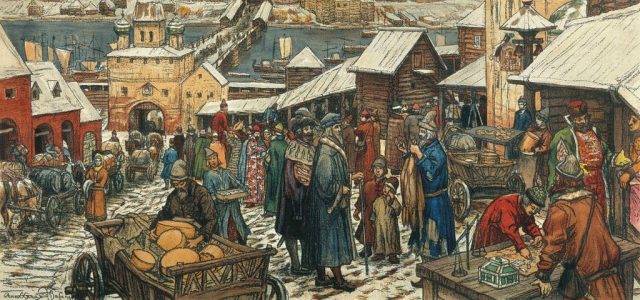
As we attain higher knowledge and realizations on our self and our existence on this planet, we also start to get curious and question the world around us. We will start to look for sense, meaning, and purpose in our life. We will begin to see the layers of the society we are living and we will have more understanding of what is really happening in our surroundings – family, community, and the society in general. By becoming a concern and inquisitive individual, we will start to clearly recognize the patterns and the consequences of our actions and behaviours and use this comprehension for our decisions and choices. And by having these temperaments, we can function better for our inner self and for our external world.
Facing the world and going through our daily life challenges, we must have a strong psychological foundation to keep us from being meek and from being a feeble minded in this society. And one of the important knowledge we must cultivate is the knowledge to identify society and culture. Learning the basics of the subjects such as sociology, history, anthropology and other related social sciences will help us know more about our self as a social animal or being. By this, we can develop more positive perceptions and judgements about everything that surrounds as – both in abstract and in tangible or material sense. If we have this kind of mental strength, as an individual and as a community or society, I think there will be less conflict and confusion and the economy and other important social institutions will really serve a good purpose. In addition, we will have a deeper understanding about traditions and religions, therefore, avoid its possible adverse influence on our thinking.
Of course, learning about cultural differences and understanding them is not that easy. It is not incorrect to tell that there are so many variations in the patterns of human behaviours all over the world. And if these difference of ideas and behaviours clash with each other, there will be conflict and confusion. Also, situations vary from society to society – the economy, the spirituality, social institutions, etc. However, if we can find ways to draw inspirations and ideas from each other’s experiences without having to disrupt each other or impose our biases, why not? But doing this without proper understanding of each other’s cultural background, history, and directionality, things could possibly turn out unfavourable.
For sure there are so many similarities we as humans have as there are common experiences around the world. However, as often, ideology comes first making it difficult for each other to connect and work for the common ground. The challenge is how we, as humans, can transcend beyond this social boundary and limitation. If a true global solidarity is being done and if different cultures truly understand each other (including their own!), respecting each other’s philosophy and ways of doing things (for as long as there are no individuals being hurt or oppressed), consequently there will be more cohesion and progress in the world. But before that, we must first learn about different cultures and society.
Reference:
- Pop Culture, Subculture, and Cultural Change
- Featured Photo: brewminate.com/the-sociology-of-social-groups-and-organization/





